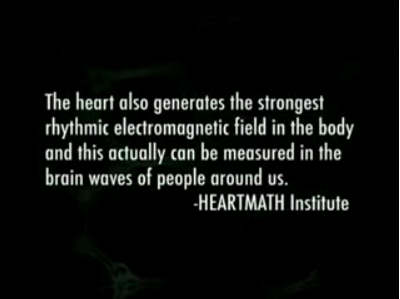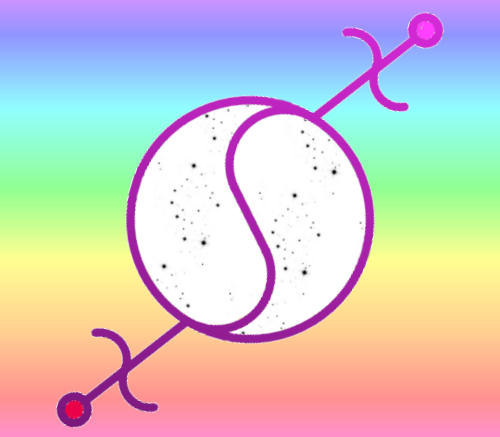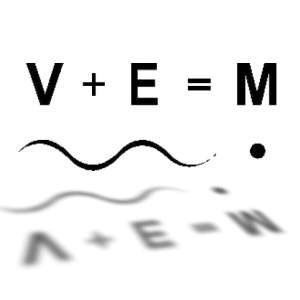Generally speaking independence is considered the same as freedom. However Elias defines independance in a totally different way and I must say, although I never really thought about this until these days, it becomes very clear what independence compared to freedom is. The whole Session 2867 is eye-opening. He speaks about attachments, which are kind of beliefs attached to the ego but are not part of the genuine identiy and one of the biggest attachment is independence which leads to “knowing better”. Our politics are full of knowing better. This brings me to ask myself: Did the misunderstanding about independence make democracies fail? It surely contributes; however there are so many misunderstandings… But listen to himself…
One very large attachment that will be being addressed to that you all share is the attachment that is the gem of yourselves and of your societies. This gem is very precious; you ALL very much value this gem. This attachment is independence. You all want independence. You all value independence. You all want to be independent, and you will sacrifice for independence, for this is a very prized gem. And what do you equate independence with? Freedom.
This term “independence” is almost synonymous to you with freedom. I will express to you presently, independence is NOT freedom and bears little resemblance to actual freedom. Independence is binding. For with independence, it incorporates its own tentacles, which create its own attachments. With independence comes responsibility and control and right choices. These are the foundation of independence. If you are independent, you must generate right choices. You must be responsible, and you must be in control of that independence to maintain it. And the maintenance of independence is an ongoing job! How do you perceive the term “job”? Work. Independence is a job. It requires considerable energy to maintain.
In this, let me express that whatever the attachments are that you generate so very strongly with your identities, we are not discussing this subject to eliminate it. It is not that independence is entirely bad, for there are many aspects of independence, or any attachment, that are beneficial and that do serve you. But there are also aspects of attachments that are binding and that are obstacles and that are a hindrance.
With independence, one of the obstacles and one of the hindrances is that independence is a moving away-from. You do not become independent-to, you are independent-from. Independence is the action of moving away from some aspect of your reality. Generally, what you think of that you are moving away from is some type of obstacle or some type of restriction ― but independence is a restriction. For one of the largest restrictions that is expressed in independence is that it discourages interconnection and it discourages receiving. For, why shall you receive? You can do yourself. Why shall you be interconnected? You can be yourself. You can accomplish yourself. There is no binding or holding upon you if you are independent ― but is there?
If you incorporate a home and you maintain this home for you are independent, this home now is your responsibility, and in that, those three factors are very much in play. When you are independent, all that is within your environment, all that is within your focus is within your charge. Whatever you associate with your independence is within your charge. You are responsible for it. Therefore, you are also in control of, and therefore, you must generate right choices in relation to what you control and what you are responsible for. What are those right choices? This generates tremendous confusion and conflict for many individuals, for it is a continuous struggle to decipher what are the right choices to engage in my independence.
When you are entirely independent, you are less likely to allow helpfulness from other individuals. You are less likely to allow receiving gifts ― unless the are warranted. But if they are not warranted, if they are merely offered freely with no reason, that is not entirely necessary. “It is not necessary for you to offer me a gift! I can offer myself a gift! I do not need from you. I can care for myself. I do not need help, for I can solve my dilemmas.” And even when you do allow for helpfulness, you allow that when you are more in the direction of desperate or when you perceive that you entirely cannot solve a problem yourself. Then you will engage or enlist helpfulness, on your terms.
Therefore, there are many aspects of independence that are actually binding. But it is not merely independence; that is one attachment. It is a very large attachment. It is one that all of you share and that all of you view as a very precious gem, but there are many different attachments. The point of this subject is to understand that who you are is not necessarily what you do. Who you are is not what you have learned. It is not what you have been taught.

 We, as our Higher Self – Over-Soul- actually create time as we experience it. Our Higher Self exists outside Time and Space. It projects portions of itself into specific time/space holograms (time/space matrixes), which we then experience as an incarnation. So, from the point of view of any one incarnation, there is time, there is “past, present, and future”. But from the point of view of the Higher Self, there is no time. It’s all happening NOW. It’s just one big Eternal-NOW. So keep in mind that our Higher Self is creating the actual “time” that we are experiencing in a linear fashion.
We, as our Higher Self – Over-Soul- actually create time as we experience it. Our Higher Self exists outside Time and Space. It projects portions of itself into specific time/space holograms (time/space matrixes), which we then experience as an incarnation. So, from the point of view of any one incarnation, there is time, there is “past, present, and future”. But from the point of view of the Higher Self, there is no time. It’s all happening NOW. It’s just one big Eternal-NOW. So keep in mind that our Higher Self is creating the actual “time” that we are experiencing in a linear fashion.








